Nur-Sultan, MINA – Kazakh President Kassym-Jomart Tokayev introduced many initiatives to advance the political reforms in the country.
The third package of reforms announced by the President since he took power in a nationwide election back in 2019.
The new initiatives are directed at further institutional development of Kazakhstan’s political system and enhancing the protection of human rights. Tokayev announced nine main initiatives to the parliament.
In a realese, he began announcing it during the opening of the first session of the 7th convocation of the Majilis of the Parliament of Kazakhstan on January 15.
Also Read: President Prabowo Emphasizes ASEAN Unity Amid Global Tensions
The President said the threshold for political parties to gain seats in the Majilis (lower house of the Parliament) should be reduced from 7% to 5%.
This will intensify political competition, and many parties will increase their chances of getting into Parliament. It will allow taking into account the opinion of the wide range of population when developing society and other programs.
Tokayev’s initiative comes after two Kazakh political parties were just a few per cent away from earning seats in the Majilis.
The new political reforms announced in the Parliament also include introducing the column “against all” in the ballots for all future elections. According to Tokayev, the introduction of this column in elections at all levels will give voters a legitimate tool for expressing an alternative position.
Also Read: Timor-Leste Officially Becomes ASEAN’s 11th Member: Key Facts You Need to Know
Starting next elections, Kazakhstan will introduce election of district akims for the first time. Tokayev outlined the prospects for further democratisation of the electoral process at the local self-government level, providing for an increase of the role of citizens in governing their regions.
The reform initiatives will see Kazakhstan legally formalise the institution of online petitions. The president said that such an instrument as online petitions will help to broaden and more accurately implement the concept of a “Listening State” and involve civil society in decision-making process.
The country will also adopt an additional law on the Commissioner for Human Rights – the ombudsman. The law will streamline the activities of this institution in various areas and sectors.
Tokayev emphasised the importance of continuing the improvement of legislation in the field of human rights protection.
Also Read: Trump Attends 47th ASEAN Summit in Kuala Lumpur, Highlights Stronger US-Asia Ties
Kazakhstan will continue to strengthen the Office of the Commissioner for Human Rights, including its regional offices. This will fill its work with real content and real powers.
The newly announced political reforms will ensure the development and implementation of the Youth Development Index to evaluate youth policy’s efficiency.
“In 2020, the Government of Kazakhstan has already taken comprehensive measures to support youth. New national projects and laws in the field of youth policy and volunteering are being developed”, Tokayev said.
He added that local authorities’ work would be assessed based on these criteria after implementing youth policy.
Also Read: Cambodia and Thailand Sign Peace Deal After Deadly Border Clashes
According to the President, the Kazakh government will provide measures to stimulate the activities of charities. He said the government needs to work out a set of tasks for the provision of preferential credit financing in the early years of the formation and development of charitable organisations and the possibility of preferential use of state property by them.
The president also instructed to expand the financial and non-financial support of charitable and volunteer organisations, both from the state and businesses.
Kazakhstan will introduce a further improvement of the public control system by adopting a law on public oversight, aimed at enhancing the capacity of Public Councils and other civil society institutions for evaluation of the effectiveness of government agencies.
These are not the first political reforms Tokayev announces since he came to power in 2019. The first package of political reforms was presented at a meeting of the National Council of Public Trust (NCPC) on December 20, 2019.
Also Read: Brazil’s Lula Slams UN Security Council Over Failure to Prevent Major Wars
The first package included reducing the registration barrier for establishing political parties to 20 thousand members. It also introduces a 30% quota for women and youth on the party lists for candidates for the elections.
While the second package of reforms was announced on September 1, 2020, during the President’s annual address to the people of Kazakhstan, Tokayev announced a gradual transition to direct elections of rural akims (Mayors) from 2021.
He also said his government would pay special attention to the strengthening of human rights protection.(R/R1/RE1)
Mi’raj News Agency (MINA)
Also Read: 86 Indonesians Detained in Cambodia After Escaping Online Scam Syndicate





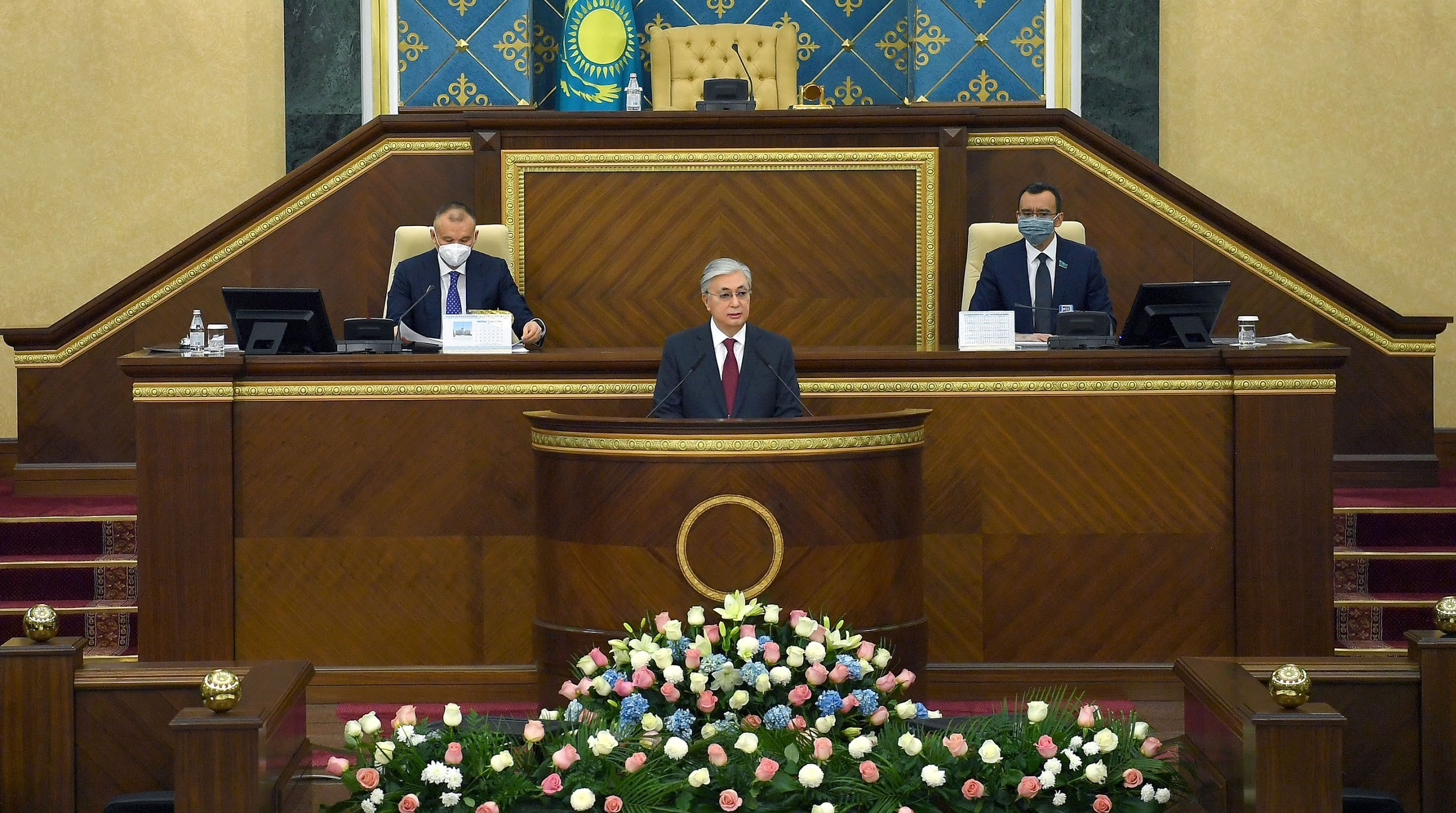

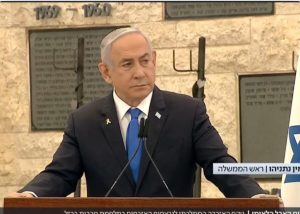





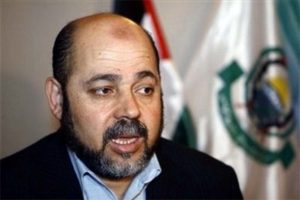

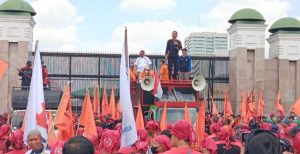
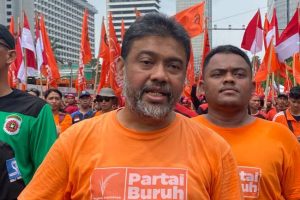
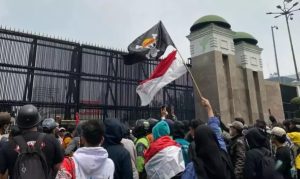
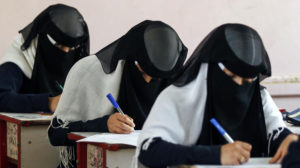








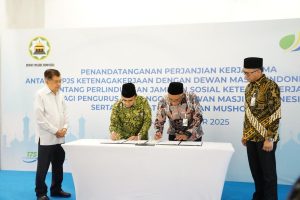
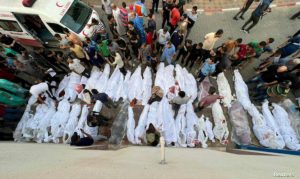
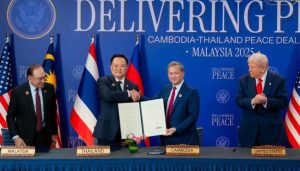






 Mina Indonesia
Mina Indonesia Mina Arabic
Mina Arabic